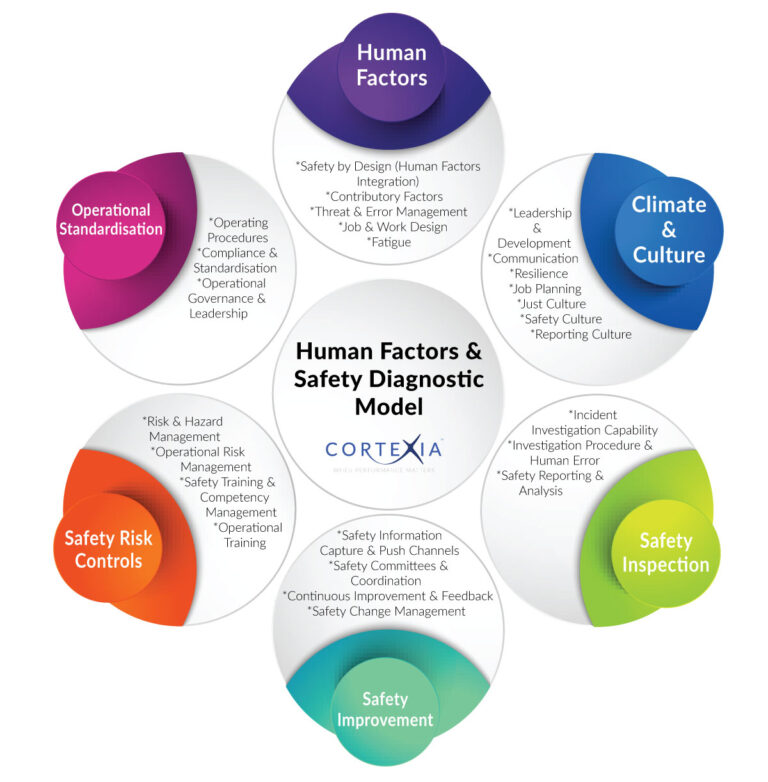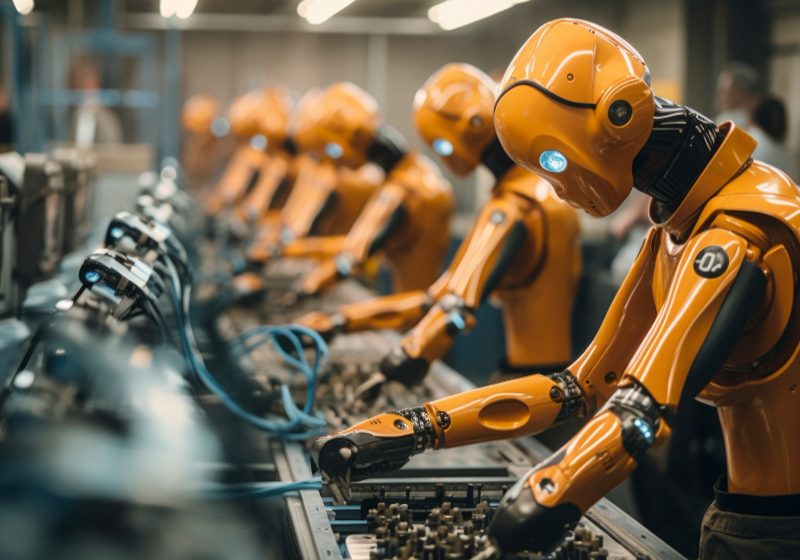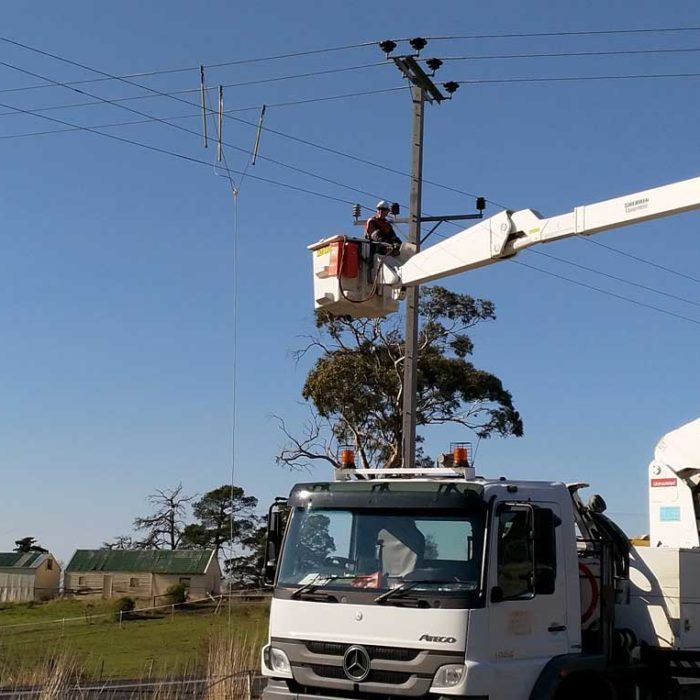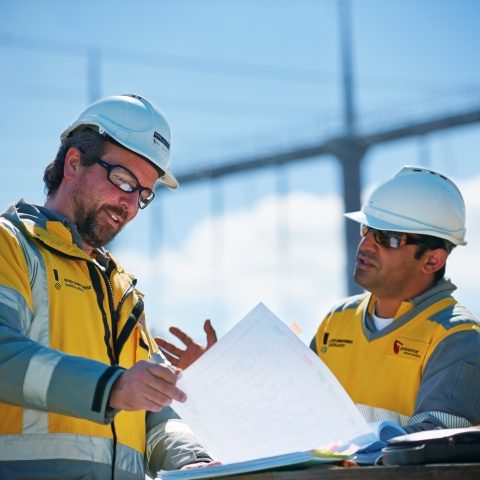






- Capability
- Human Factors Consulting
- Human Factors Engineering & Evaluation
- Human Error Management
- Operations & Safety Diagnostic
- Human Factors Investigations & Trend Analysis
- Just Culture & Psychological Safety
- Operational Performance & Training
- Automation Design, Evaluation & Implementation
- SMS Design & Procedures
- Argos Protocol (Risk Monitoring)
Human Factors & Safety Diagnostic for High Reliability Operations
Cortexia are world leaders in what is known as "contextual inquiry"; a form of scientific observation based on understanding what decision making looks like "in the wild". We add elements of sociotechnical and distributed cognition analysis to gain a deep understanding of your operations and safety behaviours. Whether on the battlefield, in an operating theatre, or onsite at a petroleum refinery, we go above and beyond in understanding your operational demands and the pressures your operators and staff need to perform under.
Our Operations & Safety Diagnostics provide you with an in-depth and practical analysis of your current operations and safety performance including both the strengths and weaknesses. Our unique perspective gives you a more holistic approach to improving process, procedures, safety and most importantly, results. We customise and adapt our model below to your organisation.


“We really stress tested human factors for banking and it is testament to our collaboration with Cortexia that there is increasing human factors awareness in the business.”
Ritu Ahlawat – CBA Senior Manager![]()
“I have no hesitation recommending Cortexia to address your HF organisational challenges. They have the ability to take technical principles of human performance and translate into language and processes that absolutely fit your organisational direction and strategy. In essence, they holistically deliver complex results by implementation of simple solutions that people will engage with, and more importantly, are understandable.”
Stephen Stringer – Safety Systems Manager
“Cortexia have an excellent understanding of Cognitive Psychology and are innovative in application of those techniques in the Defence environment.”
Vic Demczuk – Human Factors Manager
OUR EXPERTISE; YOUR PERFORMANCE.

The Pitfalls of Automation
November 16, 2016Humans retain a vital role in most high-risk industries, particularly in their abilities to problem solve and respond to unanticipated events. The demands on these operators have been increasing and are likely to reach a point where current human and technological capabilities will be severely strained. This situation has in the past, and will in the … Read More

The Human Factors of Banking and Finance
June 19, 2017THE HUMAN FACTORS OF BANKING & FINANCE The common thread in most studies dealing with financial decision-making deals with mathematical models of financial prediction. In a similar model, traditional approaches to risk management focus on absorbing or “controlling” risk to make profit (Unser, 2000). In the banking and finance industry, reducing error is often attempted … Read More

Safety Leading Indicators
June 11, 2018Developing and Implementing a Safety Lead Indicator Program Organisations are increasingly moving towards an approach to safety that is proactive and predictive. For this to occur, a socio-technical systems approach to safety is often recommended. This involves considering all variables within the work environment and how they interact with one another (e.g., people, procedures, systems, … Read More

Psychological Safety: Feeling safe to speak up?
March 23, 2023Leaders who make the connection between resilience and psychological safety reap the benefits. We just read a wonderful HBR article written by Maren Gube and Debra Subatini Hennelly and have decided to summarise below along with our unique human factors and ultra-resilience take: Gube and Henelly (2022) highlight that as leaders, it’s crucial to recognise the connection between psychological safety and … Read More

Human Performance in Military C2
October 27, 2016Existing military command and control (C2) frameworks have been useful in highlighting technology related issues and their direct effects within an organization. They are, however, limited in assessing the full range of impacts resulting from technology insertions and in exploring the links between C2 changes and battlefield effects. Additionally, traditional C2 frameworks have … Read More

Human Factors Improves Outcomes in the Banking Industry
February 17, 2021What happens when a financial institution takes a traditional approach to risk, with the aim to eliminate or minimise human error with procedure laden controls and a focus on individuals’ actions? Unless the industry is highly stable with very little complexity involved, it can be like trying to fit a square peg into a round … Read More




